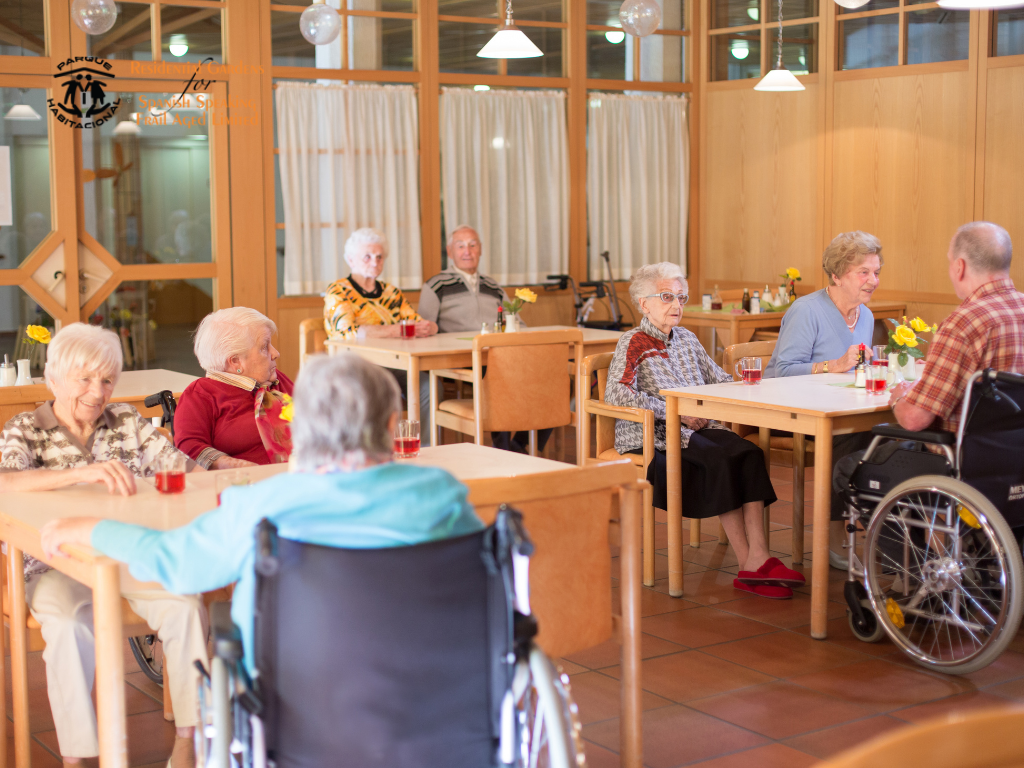Aged care nursing home sydney operate under a stringent regulatory framework designed to ensure the highest standards of care and safety for residents. This framework includes federal and state legislation, standards, and guidelines that govern every aspect of operation from facility management to care delivery.
Importance of Compliance in Ensuring Quality Care
Compliance with these regulations is not just about adhering to laws; it’s crucial for ensuring that aged care nursing home facilities provide safe, respectful, and compassionate care. Regulatory compliance helps protect the most vulnerable members of our community, ensuring they receive the quality of care they deserve.
Accreditation Process for Aged Care Homes

Steps in the Accreditation Process
The accreditation process for aged care nursing homes in Sydney involves several key steps:
- Self-Assessment: Facilities conduct a self-assessment against national standards.
- Application Submission: Facilities submit an application and supporting documents to the Aged Care Quality and Safety Commission.
- Site Visit: An unannounced site visit is conducted by assessors to evaluate compliance with standards.
- Assessment Report: A report is generated detailing findings and accreditation decisions.
Criteria Used to Assess Aged Care Facilities
Facilities are assessed on various criteria, including:
- Quality of Care: Assessment of resident health, personal care, and emotional support.
- Resident Safety: Measures in place to protect residents from physical harm and abuse.
- Staffing: Adequacy of staffing levels and staff qualifications.
Key Quality Standards in Aged Care
Safety and Health Standards
Aged care facilities must meet rigorous health and safety standards, which include regular risk assessments, emergency procedures, infection control measures, and maintenance of a clean and safe environment.
Resident Care and Personal Rights
Residents’ rights are central to the quality standards, encompassing the right to dignity, privacy, and choice in their care. Facilities must also ensure that care plans are personalized to meet individual needs and preferences.
Regular Monitoring and Compliance Checks

How Aged Care Facilities Are Monitored by Authorities
Monitoring of aged care facilities in Sydney is carried out through regular and surprise inspections by the Aged Care Quality and Safety Commission. These inspections assess compliance with national standards and investigate any complaints or incidents.
Role of Surprise and Scheduled Inspections
Surprise inspections play a crucial role in ensuring facilities are continuously maintaining standards, not just during scheduled reviews. These inspections can occur at any time and help to provide a more accurate picture of everyday operations and resident care practices.
Reporting and Transparency in Aged Care Homes
Information Disclosure to Residents and Families
Transparency is a cornerstone of quality aged care. Facilities in Sydney are required to provide residents and their families with accessible, clear information regarding care plans, policies, and any changes in the service or management. This openness fosters trust and ensures that families are fully informed about the care their loved ones are receiving.
Public Access to Inspection and Compliance Reports
To further promote transparency, the results of inspections and compliance reports for aged care facilities are made publicly available. This practice helps prospective residents and their families make informed decisions by reviewing the facility’s compliance history and any corrective actions taken to address deficiencies.
Continuous Improvement and Quality Assurance

Initiatives for Ongoing Quality Improvement
Aged care facilities in Sydney are engaged in continuous improvement processes to enhance the quality of care provided. These initiatives may include staff training programs, updating facilities and equipment, and adopting new health care protocols that improve resident outcomes.
Utilising Feedback for Service Enhancement
Feedback from residents and families is actively encouraged and used as a critical input for continuous improvement. Many facilities implement regular surveys and feedback mechanisms to capture insights and suggestions, which are then integrated into service delivery and care practices to better meet the needs of residents.
Role of Technology in Compliance and Quality Management
Technological Advances Supporting Compliance
Technology plays a pivotal role in enhancing compliance and quality management in aged care. Systems such as electronic health records, digital monitoring tools, and automated reporting software help facilities maintain rigorous compliance with regulations and facilitate high standards of care.
Impact of Technology on Resident Care and Monitoring
Advanced technologies not only support compliance but also significantly improve the quality of care. For instance, wearable devices can monitor residents’ health metrics in real-time, allowing for prompt medical responses. Similarly, smart home systems in facilities enhance safety by detecting falls and other emergencies, ensuring immediate assistance is provided.
Challenges in Meeting Regulatory Standards

Common Challenges Faced by Aged Care Homes
Aged care nursing home Sydney often face challenges in maintaining compliance with complex and ever-evolving regulatory standards. These challenges include staffing shortages, high costs of implementing required changes, and keeping up with the latest health and safety updates.
Strategies for Overcoming Compliance Issues
To address these challenges, facilities can:
- Invest in staff training: Ensuring all employees are up-to-date with current regulations and best practices.
- Leverage technology: Adopting advanced management systems that streamline compliance tasks.
- Seek expert guidance: Consulting with compliance specialists to ensure all requirements are met effectively and efficiently.
Staff Training and Competence
Training Requirements for Compliance
Staff training is vital for compliance in aged care facilities. Training programs are designed to cover essential topics such as resident care, emergency procedures, and privacy regulations. Ensuring that all staff members receive regular training on these topics is crucial for maintaining the standard of care required by regulatory bodies.
Ongoing Professional Development for Staff
Ongoing professional development is encouraged to keep staff skilled and knowledgeable. Aged care facilities often offer workshops, seminars, and access to further education to help staff stay current with the latest practices in care and technology use, thus enhancing their competence and ability to provide high-quality care.
Conclusion
egulations in the aged care sector are designed to protect residents and ensure a high standard of care. These regulations help to standardize quality across all facilities, ensuring that every resident in Sydney’s aged care homes receives the care and respect they deserve. Compliance with these standards not only enhances resident satisfaction but also significantly boosts their safety and overall wellbeing.



